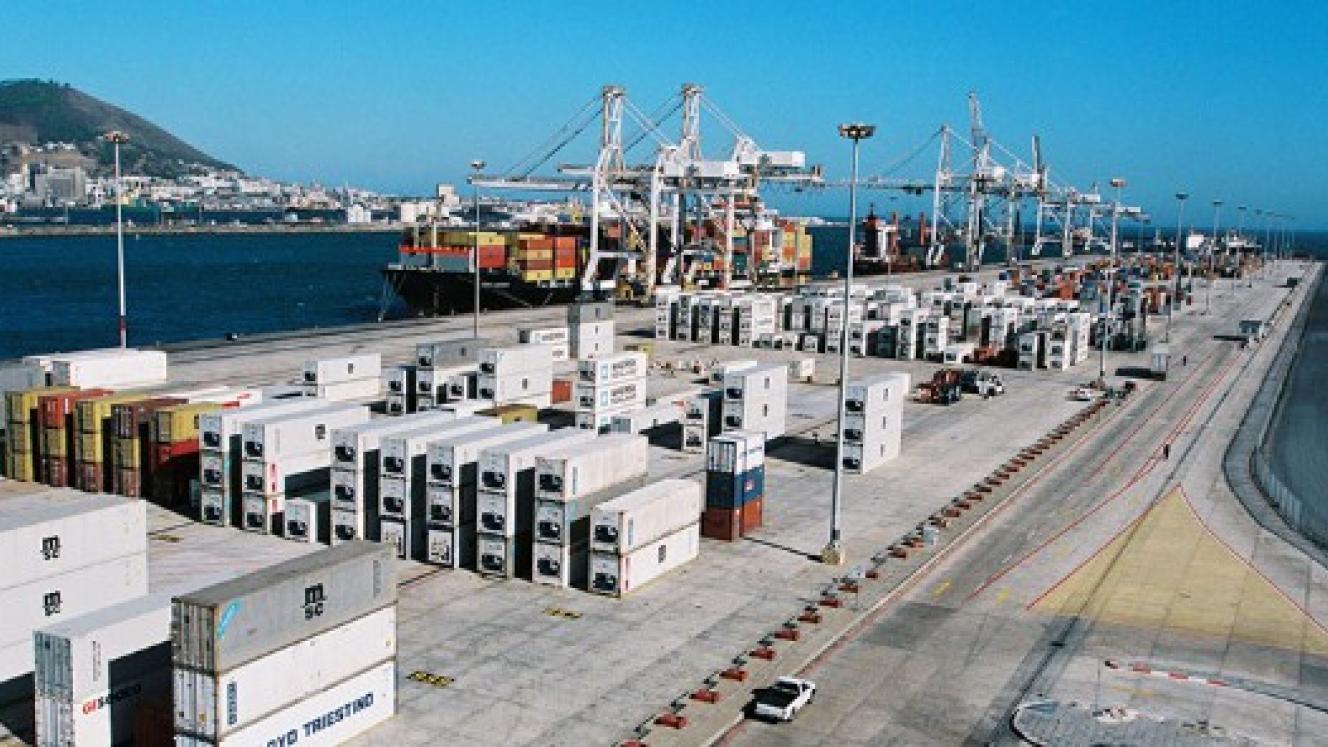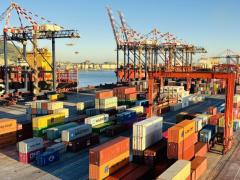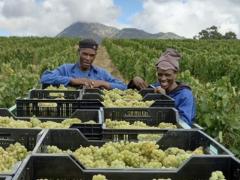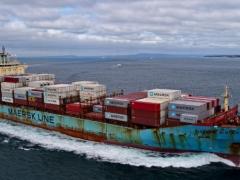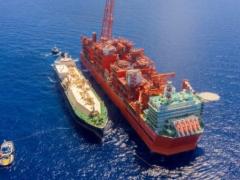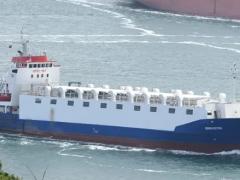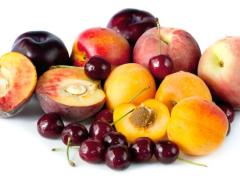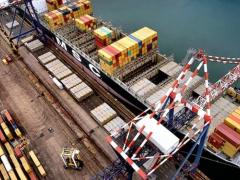High input costs and low commodity prices have turned the tables for South African farmers who have become net importers rather than major exporters of agricultural products, according to Langa Zita, the director-general of the Department of Agriculture, Forestry and Fisheries (DAFF). In a presentation to Parliament recently on the department’s budget and 2011 strategic plans, Zita said that farming production was in decline, and South Africa was now a net importer of food, fuelling future food security fears. One of the initiatives, among others, announced in parliament to tackle the problems was a proposal to increase the number of fish farms in the country from 84 to 96 in four years, with processing facilities growing from 60 to 70, and fishing harbours from 12 to 19, over the same period. Concern was also expressed in Parliament over how farmers were being squeezed by higher input costs and low commodity prices – which is set to deepen with petrol price and electricity tariff hikes. Zita said that the decreasing share of field crops in agricultural production was a factor in the country’s decline from a net exporter of foods to a net importer. “The sector operated in an unregulated market environment, exposing it to fluctuations in world prices, while the growing dominance of retail chains was increasing the farmer/retail price differential.” Exports declined by around 11% in 2009 and last year agricultural exports totalled around R22 billion. Mlungisi Johnson, the chairman of the Portfolio Committee on Agriculture, Forestry and Fisheries, said not only were high input costs and administered prices posing a major challenge to commercial farmers, they were also having to compete against overseas farmers who enjoyed huge tariff protection. “The Government therefore needs to discuss indirect subsidies in areas such as fuel, fertiliser and renewable energy sources.”
